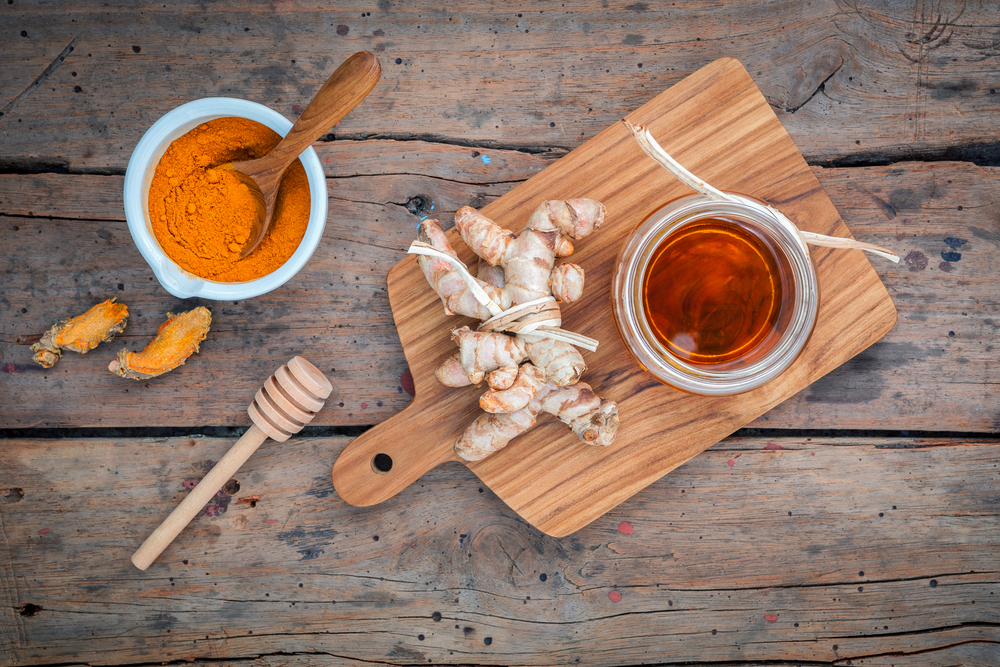Neurodegenerative Diseases May Be Prevented by Autophagy Assisting Plant Compounds
Written by |

Researchers at the University of Occupational and Environmental Health in Japan, reviewed advances for using natural plant compounds to regulate autophagy, a process in the development of many neurodegenerative diseases, including Alzheimer’s disease, Parkinson’s disease, Huntington’s disease, muscular atrophies, spinocerebellar ataxia 3, and amyotrophic lateral sclerosis (ALS).
The review “Natural compounds preventing neurodegenerative diseases through autophagic activation,” was published in the Journal of UOEH.
Autophagy is a natural process of the body in which cells from the immune system eat up proteins and damaged organelles from other cells. The formation of aggregated proteins is a major pathological feature of neurodegenerative diseases and autophagy plays a crucial role in the clearance of such aggregates. Impairment of autophagy brings about accumulation of the protein aggregates which is linked to the development of neurodegenerative diseases.
Given its importance in disease progression, the identification of compounds that regulate autophagy are urgently needed to prevent and treat the diseases. Recently, studies have demonstrated that some natural products derived from plants can regulate autophagy in disease settings and could make therapeutic agents for patients.
In Alzheimer’s disease patients, a progressive formation of β-amyloid plaques composed of the hyperphosphorilated Tau protein is observed in neurons. In a mouse model featuring Alzheimer’s, the compound arctigenin found in some plants of the Asteraceae family, is able to inhibit β-amyloid plaques. Resveratrol, found in grapes, also activates autophagy and reduces β-amyloid deposition. Curcumin, a compound of turmeric, from the ginger family, can also activate autophagy.
In Parkinson’s patients, α-synuclein accumulation in Lewy bodies causes the loss of dopaminergic neurons and leads to disease symptoms. In animal tests, isorhynchophylline extracted from the flowering plant uncaria, and resveratrol from grapes, were both found to induce autophagy and reduce neuronal cell death.
Huntington’s disease (HD) is characterized by accumulation of the protein Huntingtin (Htt) in aggregated and inclusions and activation of autophagy seems to decrease the number of Htt aggregates. Consistently, Onjisaponin B, derived from sourceds that include sunflower seeds, moonwort, Selaginella plants and sea algae; plus epigallocatechin gallate from tea, are all autophagy inducers, and slow Htt toxicity.
The researchers concluded: “To investigate strategies for the prevention and treatment of (neurodegenerative diseases) and to elucidate their potential mechanisms of action, we should screen new compounds that affect autophagy and identify key targets of as well as the interaction network involved in the regulation of autophagy.





